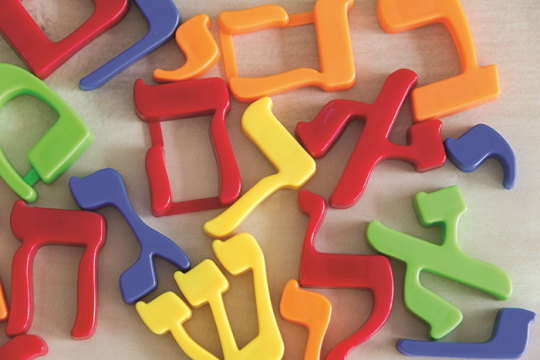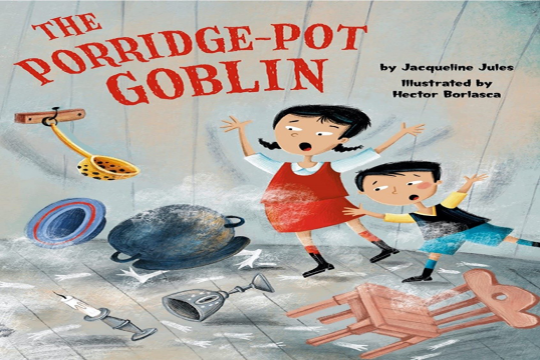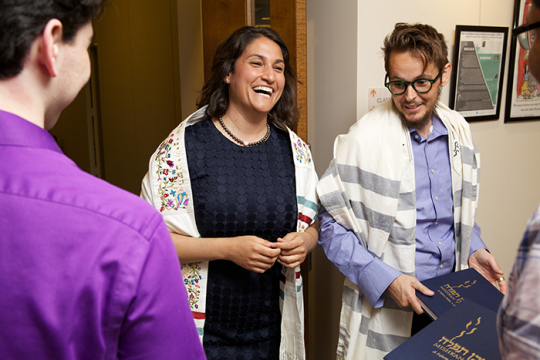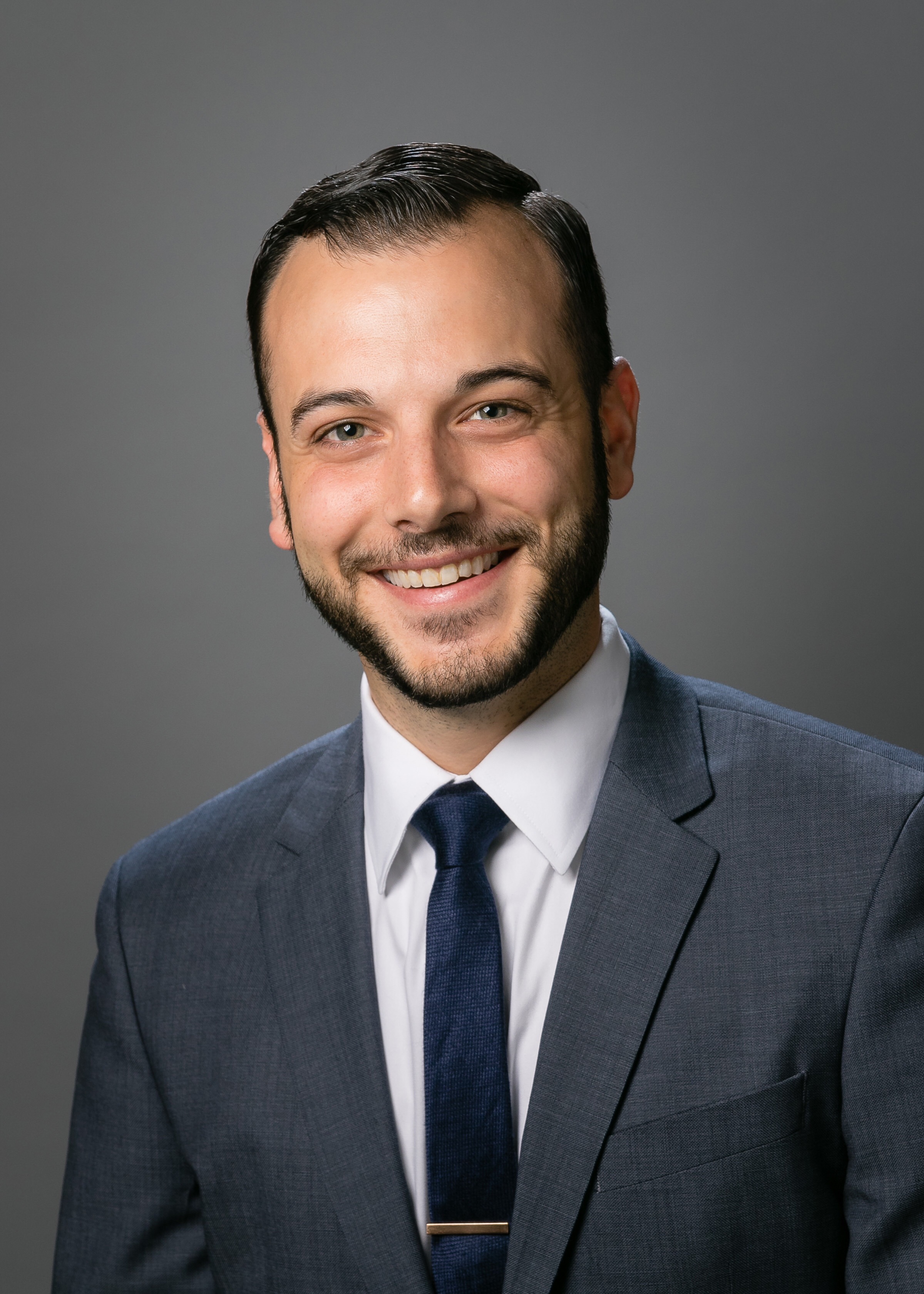
Actress Kristen Bell posted this image on her Instagram the other day with the caption: "My mom sent me the handwashing blacklight comparison. 30 SECONDS WITH SOAP YALL!!!"
Aside from Bell’s mother's very relatable, low-key guilt trip in pursuit of clean hands, this image is a reminder that I haven't been adequately washing my hands for many years.
With coronavirus (COVID-19) containment in full swing, handwashing has been front and center of preventative efforts, including the many songs you can sing (and even this prayer you can say) to make sure you're scrubbing for enough time. Surprisingly though, the benefits of handwashing were only discovered in 1846 and didn't see wide implementation until well into the 20th century. In fact, handwashing wasn't a standardized element of American healthcare until the early 1980s.
Though handwashing in the medical realm is relatively modern, handwashing in the religious world is decidedly ancient.
In Judaism, we first see the practice in the Torah, when God commands Aaron and his sons to "wash their hands and feet" before even stepping foot inside the Tent of Meeting, let alone making an offering. (Exodus 30:18)
In this world, holiness centered on cleanliness and hygiene. After the destruction of Temple-centric Judaism in 70 CE, the early rabbis embedded the tradition of handwashing in the Talmud, where we learn that "anyone who treats the ritual of washing hands with contempt is uprooted from the world" (Sotah 4b). Though perhaps a little crude, the rabbis were onto something: Those who washed their hands lived longer.
In recent weeks, as COVID-19 has aggressively spread, I am astounded by this ancient religious wisdom.
In the Jewish communities of my youth, I never encountered handwashing as a Jewish ritual. It wasn’t until my teenage escapades in Israel that I even became aware of it, discovering strange little two-handled buckets and dedicated washing sinks in every restaurant and hotel. As years passed and I encountered more traditionally religious communities, I occasionally washed as a guest at this or that Shabbat table, though I never incorporated the ritual into my practice.
That was, until COVID-19.
In the past few weeks, following recommendations from my mother and the Centers for Disease Control, I’ve been washing my hands a lot – and I’ve started saying the ritual handwashing blessing every time:
Baruch Atah Adonai Eloheinu Melech Ha’Olam Asher Kidshanu B’mitzvotav Vitzivanu al Netilat Yadayim
Blessed are You, Adonai our God, Sovereign of the Universe, Who has sanctified us with mitzvot, and commanded us concerning the washing of the hands.
Though tradition saves these words for the ritual act alone, I have found great meaning in using them for both ritual and antibacterial washing.
Now, when I wash, I offer gratitude for the human mind that discovered washing your hands prevents the spread of illness; I am reminded that our tradition obligates us to protect the vulnerable, now more than ever; and I take a moment to appreciate my good health, knowing it can be whisked away at any moment.
As we continue to face the challenges of this pandemic, this ancient ritual provides me with moments of gratitude and grounding during uncertain days.
If you’d like to say a blessing during handwashing but aren’t comfortable using the blessing reserved for ritual, try Rabbi Joseph Meszler’s “A 20-Second Prayer During Handwashing.”
Related Posts

Eight Hebrew Words and Phrases to Learn

Measuring Demons in the Wake of the Pandemic

